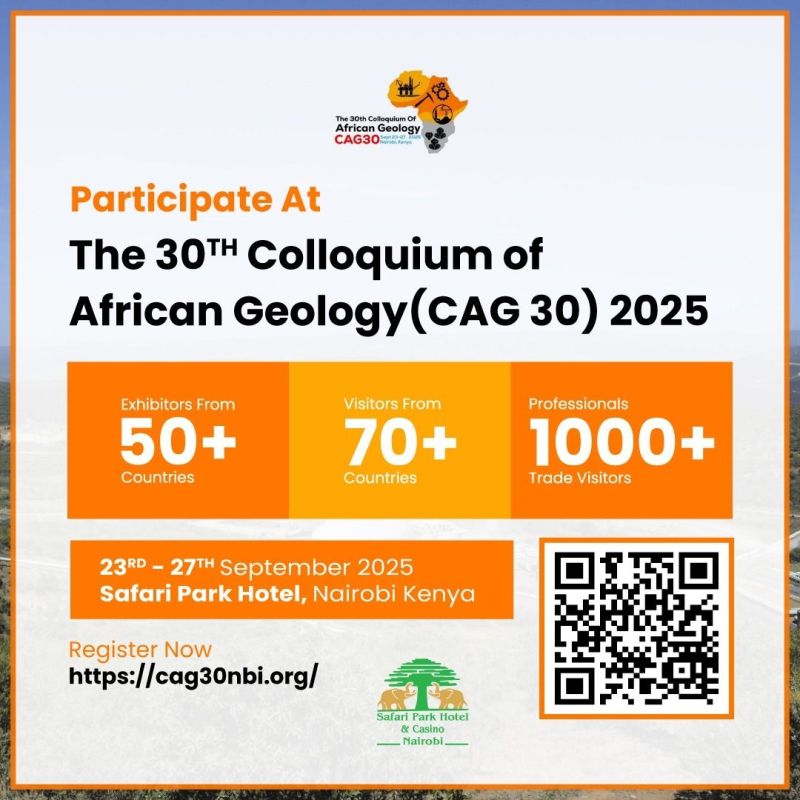In a groundbreaking move that could reshape East Africa’s energy landscape, Uganda has signed a pre-feasibility agreement with South Korea’s state-owned Korea Hydro & Nuclear Power Company (KHNP) to explore the development of the country’s first nuclear power plant. The deal, which marks a significant step toward diversifying Uganda’s energy mix, was signed in Kampala, signalling growing international cooperation in Africa’s pursuit of sustainable and large-scale energy solutions.
If implemented, the project would make Uganda the first country in East Africa to host a nuclear power facility—an ambitious leap as the region seeks to meet rising electricity demands, achieve industrialisation goals, and ensure energy security amid global calls for cleaner energy.
A Strategic Partnership for Uganda’s Energy Future
The pre-feasibility study agreement between the Ugandan government and KHNP represents the early stages of evaluating the technical, environmental, and economic viability of establishing a commercial nuclear power plant in Uganda.
The deal underscores Uganda’s determination to harness nuclear technology for peaceful and developmental purposes. According to officials from the Ministry of Energy and Mineral Development (MEMD), the agreement covers site selection, infrastructure analysis, resource availability, and potential environmental impacts, among other key considerations.
“This is a significant milestone for Uganda as we take bold steps to explore advanced technologies that can guarantee long-term, reliable, and sustainable power for our population,” said Irene Bateebe, Uganda’s Permanent Secretary in the Ministry of Energy.
Why Nuclear Now?
Uganda has made considerable progress in expanding its electricity generation capacity over the past two decades, largely through hydropower projects such as the Karuma and Isimba dams. However, despite these developments, more than 40% of Ugandans still lack access to electricity, particularly in rural areas. Additionally, power shortages during dry seasons, reliance on fossil fuels for backup, and limited industrial capacity have exposed vulnerabilities in the current energy system.
As Uganda eyes middle-income status, the government is looking beyond traditional sources to strengthen the national grid. Nuclear energy, known for its high energy output, reliability, and low carbon emissions, presents an attractive long-term solution.
“Nuclear power can supply large-scale baseload energy with minimal emissions. It is a proven solution to support Uganda’s development ambitions while meeting global climate targets,” said an official from Uganda’s Atomic Energy Council.
South Korea’s KHNP: A Global Nuclear Player
KHNP is a leading international contractor with experience in constructing and operating nuclear power plants, including South Korea’s fleet of reactors and recent international projects in the Middle East and Europe. Their participation brings technical expertise, regulatory know-how, and operational safety experience to Uganda’s nuclear ambitions.

KHNP’s partnership with Uganda also aligns with South Korea’s broader strategy of supporting global energy infrastructure development, particularly in emerging markets with growing energy demands.
“We are pleased to support Uganda in assessing the potential for nuclear power development,” a KHNP representative said during the signing ceremony. “Our experience can help Uganda lay the foundation for a safe, efficient, and sustainable nuclear power programme.”
Building Local Capacity and Compliance
Uganda has been preparing the groundwork for nuclear energy for over a decade. The country established the Atomic Energy Act in 2008, creating the Atomic Energy Council to oversee the regulation and development of nuclear technology. More recently, Uganda signed agreements with international bodies including the International Atomic Energy Agency (IAEA) to ensure compliance with global safety and security standards.
As part of its commitment to peaceful nuclear development, Uganda is focusing on human capital development, with dozens of Ugandan scientists and engineers undergoing nuclear training programmes abroad. The pre-feasibility study with KHNP is expected to further enhance technical skills transfer, knowledge sharing, and institutional development.
Regional Implications and Challenges
If successful, Uganda’s nuclear project could set a precedent for East Africa and the African continent, showcasing how emerging economies can leverage nuclear energy as a sustainable and climate-resilient power source. Other African countries, including Egypt, Ghana, Nigeria, and Kenya, have also expressed interest in nuclear energy, with Egypt currently constructing its first nuclear plant with Russian assistance.
However, the path to nuclear energy is complex and often lengthy. Uganda must navigate challenges such as:
- High capital costs of nuclear plant construction
- Public safety and perception of nuclear risks
- Waste management and long-term environmental concerns
- Grid integration and infrastructure upgrades
Moreover, the country will need to mobilise significant financial resources and maintain robust partnerships with multilateral institutions and donor agencies to bring a nuclear project to fruition.
A Vision for Energy Independence and Growth
Despite the hurdles, Uganda remains confident in the potential of nuclear power to play a strategic role in its national energy development. With abundant natural uranium reserves, a proactive regulatory framework, and strong political will, the country is positioning itself as a future hub for advanced energy technology in Africa.
As the KHNP-led pre-feasibility study progresses over the next several months, it will provide the Ugandan government with critical insights into the practicality and risks of nuclear deployment, helping to inform future decisions and investment strategies.
“This is the beginning of a long journey,” said a senior official in the energy ministry. “But it is a journey that could define the next phase of Uganda’s industrial and economic transformation.”
Conclusion
Uganda’s agreement with South Korea’s KHNP to explore nuclear energy is a bold and forward-looking initiative that reflects the country’s ambition to diversify its energy portfolio, reduce carbon emissions, and meet rising electricity demand. While challenges remain, this partnership marks a promising step toward building a resilient, modern energy system — one that could illuminate not just Uganda, but also inspire a broader East African nuclear future.















